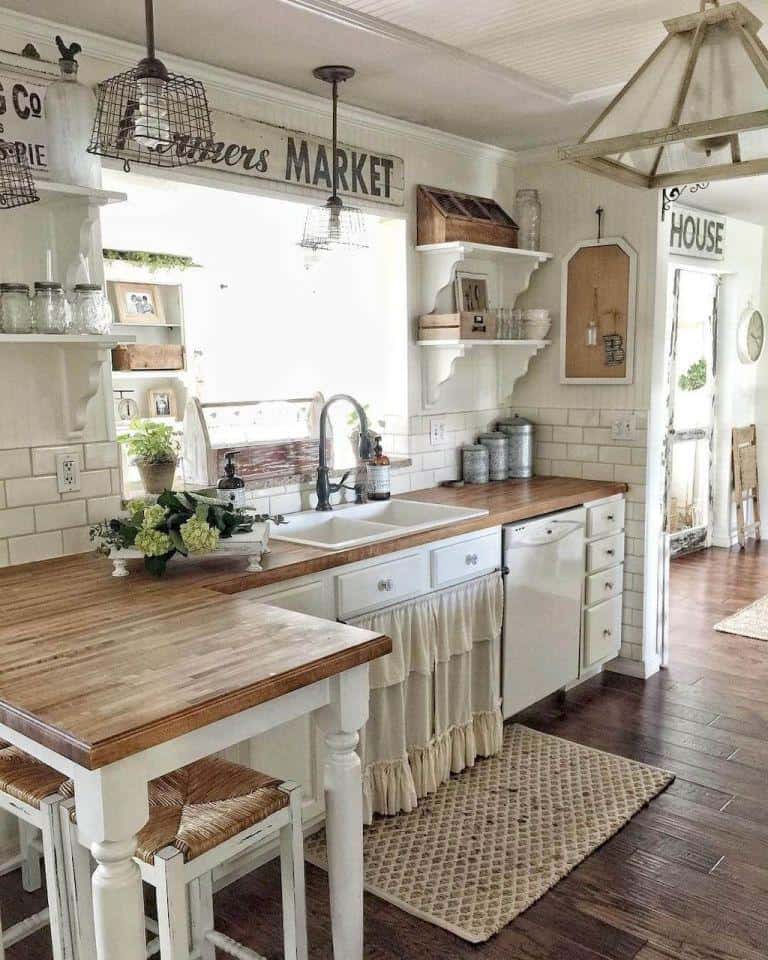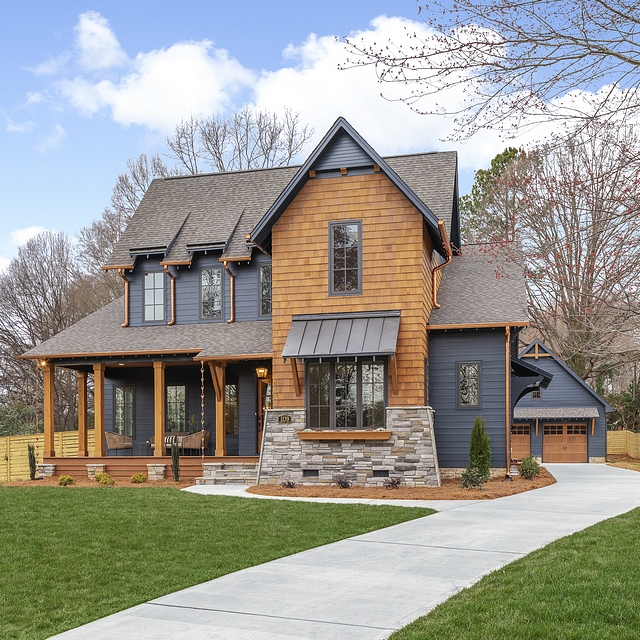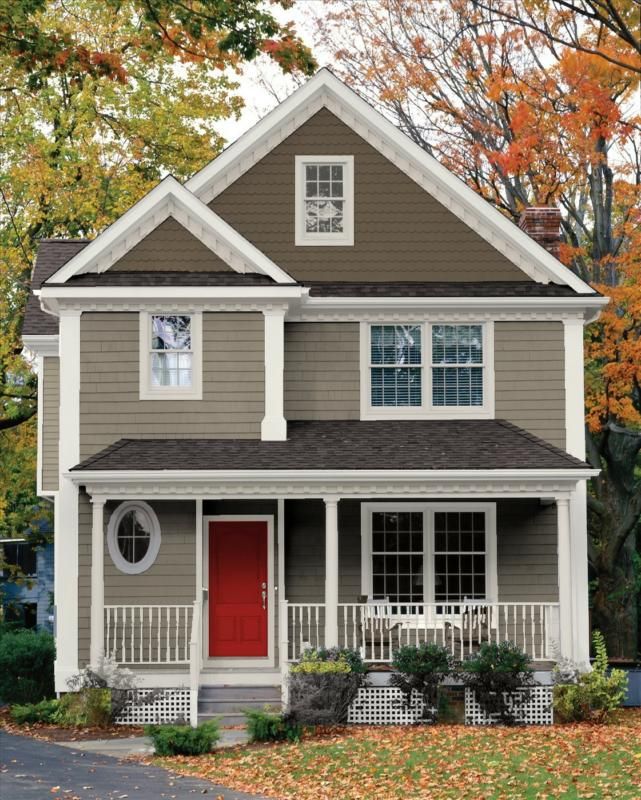
The cost of vinyl siding replacement depends on the size of your home and the material you choose. Although siding isn't cheap, it can add value to your house. The costs of materials, labor, and disposal will all be covered if siding is installed. Materials cost can range from $3-$15 per square foot depending on your home's size. You will pay more if you need to hire a contractor for the job.
Vinyl siding installation costs can vary from $5,355 up to $16,090. The price will depend on the type of siding, the layout of the gables and windows, and the style of finish you choose. The labor cost will vary, too. Permits will also be required. The fees for permits will vary from one state or another, but in general you can obtain a permit anywhere between $100 and $250.
Although vinyl siding can be installed by you, it's best to leave the job to professionals. This process can be challenging and may result in injuries. The best way to make sure the job is done correctly is to hire a professional. It is worth taking the time to get estimates from several contractors.

The cost to replace vinyl siding includes the labor, materials, and equipment. The cost of replacing vinyl siding depends on the size and complexity of your project, as well as the number of windows or doors and the style of your home. It is common to need at least two estimates.
The size of your house, what siding you choose, how many stories and how complex the job are all factors that will affect the total cost. In some cases, you may only need to rebuild a part of your home. A home with 2,500 square feet will cost you between $6,900 - $28,000. Vinyl siding can be more expensive if you live in colder climates.
If you want to paint the siding, you will need to purchase acrylic-based paint and adhesive primer. Before you begin, make sure all trim and boards are properly trimmed. You will need to remove any nails or caulk around the window and door openings. Next, clean the surface and dry it before you start painting.
A typical 2,500-square foot home will include a larger living and kitchen area, as well as a large dining room and three to four bedrooms. It will normally have two to three bathrooms.

If you are planning to paint the siding, you will need to make sure that you remove all of the old boards and trim. This will make it easier to complete the job later and save you money on repairs.
FAQ
What should I consider when buying a new home?
Before purchasing a new home, make sure that you have enough money saved up to cover closing costs. You may want to refinance your mortgage if there isn't enough cash.
Is it better to hire either a general or subcontractor?
Hiring a general contractor is usually more expensive than hiring a subcontractor. General contractors often have many employees and charge clients high labor costs. A subcontractor hires only one employee so they charge less per an hour.
Are there permits needed to renovate my house
Yes. Permits will be required for any home-improvement project. You will require a building permit as well as a plumbing permit in most cases. A zoning permit may be required depending on what type of construction you are doing.
How Much Does It Cost To Renovate A House?
The cost of renovation depends upon the type of material used, the size of the project and the complexity of the job. Wood, for example, requires additional tools such as saws and drills. Steel, however is not so dependent. The price of renovations depends on whether you hire a contractor to do the job or if you are willing to do the work yourself.
The average home improvement project cost is between $1,000 and $10,000. If you plan to hire professionals, the total cost would range from $5,000 to $25,000. If you hire professionals, the cost would be between $5,000 and $25,000. However, if the task is done entirely by yourself, the cost could rise to as high as $100,000.
There are many factors that influence the final cost of renovations. You should consider the material used, such as brick vs concrete. They include the type of material used (e.g., brick vs. concrete), the size and number of workers involved, as well as the length of each project. These are important considerations to remember when estimating total renovation cost.
Statistics
- On jumbo loans of more than $636,150, you'll be able to borrow up to 80% of the home's completed value. (kiplinger.com)
- Design-builders may ask for a down payment of up to 25% or 33% of the job cost, says the NARI. (kiplinger.com)
- According to the National Association of the Remodeling Industry's 2019 remodeling impact report , realtors estimate that homeowners can recover 59% of the cost of a complete kitchen renovation if they sell their home. (bhg.com)
- It is advisable, however, to have a contingency of 10–20 per cent to allow for the unexpected expenses that can arise when renovating older homes. (realhomes.com)
- A final payment of, say, 5% to 10% will be due when the space is livable and usable (your contract probably will say "substantial completion"). (kiplinger.com)
External Links
How To
How much money do I need to spend on my old house's restoration?
The cost of renovating your home depends on how many rooms you want to update, what kind of renovations you plan to do, where you live, and whether you're doing it yourself or hiring professionals. Depending upon the size of the renovation, the average cost ranges between $10,000 and $50,000.
If you are planning on selling your home after the renovation, it is likely that you will receive less than the market price if you do not account for the costs of repairs, improvements, and upgrades. You might even lose money if you put too little effort into making your home look its best before selling. On the other side, if your home is in a good condition, you can get more money if you put in the effort.
To help you decide which projects to undertake first, consider these factors:
-
Your budget. Start small if you have a tight budget. One room can be tackled at a time such as painting walls or changing flooring. To make big changes, you can hire a contractor who is skilled in kitchen remodeling.
-
Your priorities. Are you looking to improve the general condition of your house or fix specific problems? If you decide to address one issue only, remember that small problems can quickly become major ones. For example, if your roof leaks after it rains you may have to replace it sooner than expected.
-
Your timeline. Consider your timeline. If you're considering buying a property next year and want hardwood floors installed or new bathroom fixtures, then you won't want them to be done right away. To make these upgrades, it might be a good idea to wait until you leave your home.
-
Your skills. If you do not possess the skills required to accomplish a particular project, hire someone else. For example, if your carpentry skills aren't strong enough to build custom cabinets, you might be able to hire a cabinet maker to do the job.